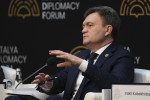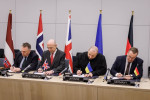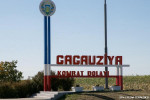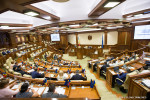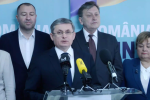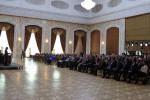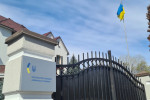Russia has adopted a more subtle policy in relation to Moldova and CIS countries
Last year Russia paid a great deal of attention to elections held in CIS member states, giving Russia the chance to demonstrate that it is now playing a more subtle game, according to Ria Novosti's online publication www.russiaprofile.org.
In an article titled “Political Pragmatism” it is said that Russia, with its aspirations to be a regional leader could not remain impassive to these elections, which took place in countries that Russia has been traditionally been sensitive about.
In Moldova Russia seemed to adopt a completely laissez-faire policy. It was not until after the parliamentary elections on November 28, that the Head of the Presidential Administration Sergei Naryshkin arrived in Chisinau to engage two parties, the Communists and the Democrats, in forming a coalition, in contrast to the EU.
According to www.russiaprofile.org, the EU and particularly Romanian efforts did not pay off in the recent elections – the country didn’t manage to end its long-lasting crisis, as no party won enough seats. This failure in leadership leaves Moldova politically handicapped for another few months as choosing a president remains impossible.
The publication also says that the Moldovan election campaign was wrongly perceived as a battle between pro-Russian and pro-European parties. According to the author, there is no pro-Russian party in Moldova, and despite an anti-Russian campaign launched by former President Mihai Ghimpu, the Moldovan economy remains dependent on remittances from Russia.
French pundit Florent Parmentier told the publication that in 2010 the political debate was more mature, as it dwelled on fighting poverty rather than the geopolitical orientation of Moldova, as in previous cases. “Russia has always defended its interests here, like other powers, but now it’s acting in a more flexible way than before,” said Parmentier.



